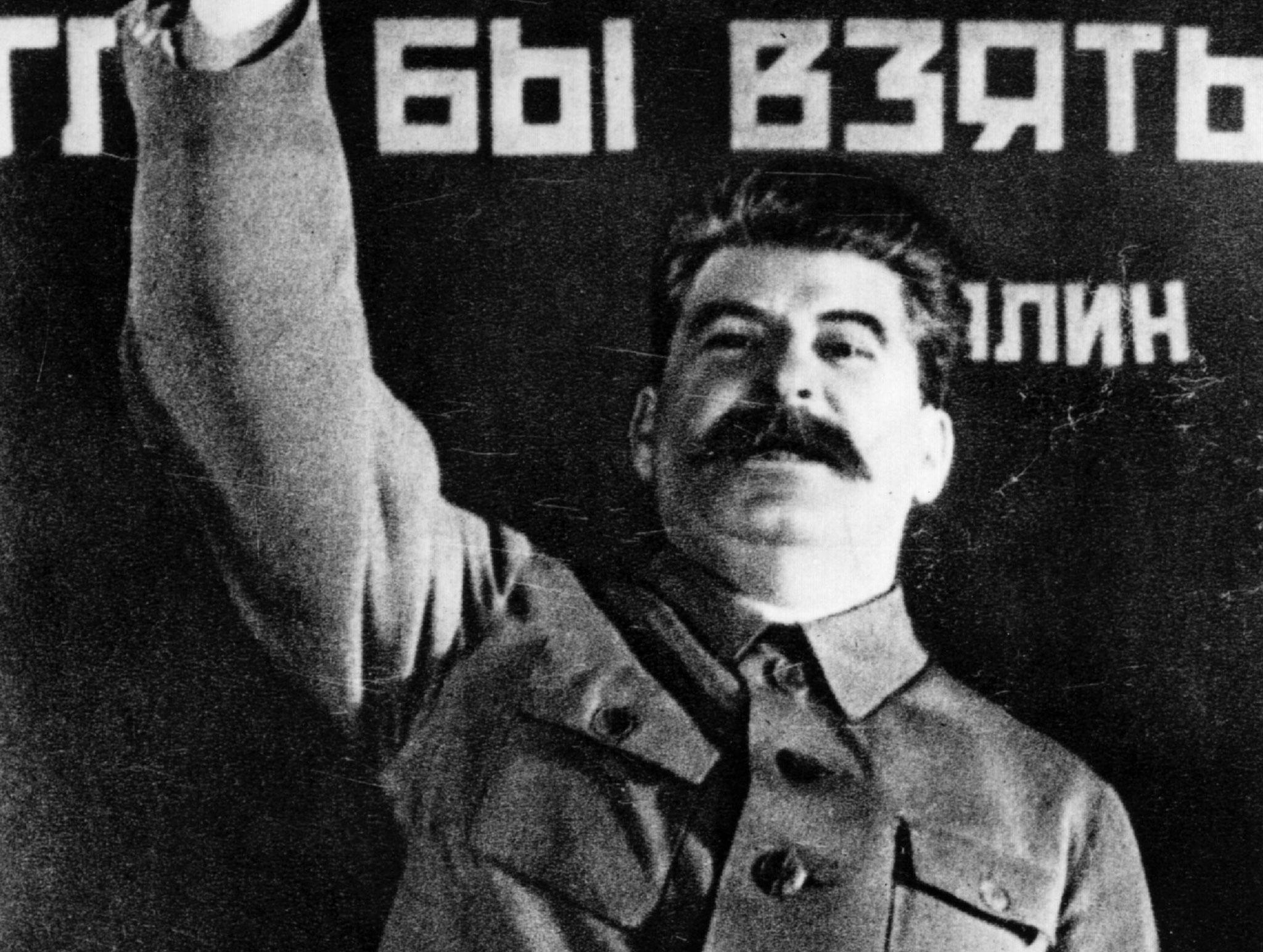History's People: Personalities and the Past by Margaret MacMillan, book review
The role of leaders' personal histories in shaping the past is reappraised

Your support helps us to tell the story
From reproductive rights to climate change to Big Tech, The Independent is on the ground when the story is developing. Whether it's investigating the financials of Elon Musk's pro-Trump PAC or producing our latest documentary, 'The A Word', which shines a light on the American women fighting for reproductive rights, we know how important it is to parse out the facts from the messaging.
At such a critical moment in US history, we need reporters on the ground. Your donation allows us to keep sending journalists to speak to both sides of the story.
The Independent is trusted by Americans across the entire political spectrum. And unlike many other quality news outlets, we choose not to lock Americans out of our reporting and analysis with paywalls. We believe quality journalism should be available to everyone, paid for by those who can afford it.
Your support makes all the difference.In our celebrity-obsessed culture, Margaret MacMillan's reflection on the role of individual great men and women in history is timely. There is nothing new in the question of how important heroes have been in shaping the past: 30 years ago I had to answer that old chestnut to pass an examination to read history at university. However, MacMillan examines how the climate of ideas has changed. This book is as much about the role of history and biography in the modern world as it is about the concept of leadership.
For starters, she rejects academia's old snobberies against biography which treats it as a lesser form of history written by amateurs. She argues that individuals can change the course of history, though they are the type of personalities who seize the opportunities thrown up by their age. Over the past decades, historians have widened out from political, economic and intellectual history to include the study of emotions, attitudes, tastes and prejudices. MacMillan believes that these approaches should peacefully coexist. As a historian who admits to enjoying the "gossip" of the past, she believes that history should also be fun as well as enlightening.
The first chapters of the book are devoted to examining, through mini-biographies, the traits which make effective leaders and the circumstances that have allowed them to escalate to power. The final chapters focus on lesser-known figures, some who held positions of power while others observed; the unifying factor being that all shared a freedom from the prejudices of their own times.
Although mini-biographies of Otto von Bismarck, William Lyon Mackenzie King and Franklin Delano Roosevelt are well-crafted and informative, I did not feel that they added anything particularly original to our understanding of leadership. MacMillan admits that she has been "slightly provocative in lumping together" Woodrow Wilson, Margaret Thatcher, Joseph Stalin and Adolf Hitler in a chapter on leaders who fell prey to hubris.
Couching it in caveats that she is not suggesting all four were of the same order, she argues that they shared driving ambition and the firm conviction they were always right. This assessment may be true, but many other leaders have displayed these personality traits. It seems that the differences between the democratic leaders and the dictators far outweighs the similarities, making comparison of limited value.
The final chapters are the more enjoyable. Macmillan's writing on lesser-known personalities combines erudition and enthusiasm. With an eye for detail and ear for the voices of the past, these figures are recreated with all their frailties and complexities. Elizabeth Simcoe, the wife of the Lieutenant-Governor of the colony of Upper Canada in the late 18th century, is intrigued and impressed by the native Indians, and embraces local custom such as eating raccoon, black squirrel and small tortoises served like oysters. Equally engaging is the study of Babur, the first Mughal emperor of India. Although he was born in 1483, his memoirs with their intensely personal observations immediately connect with us across the centuries.
The section on Victor Klemperer, an assimilated cultivated German from a Jewish family who kept a diary from the 1930s through the war, is particularly poignant. By chronicling daily life, his diaries offer an insight into how the Nazi regime, day by day, step by step, dehumanised the Jews. It started with small cruelties like banning them from owning pets (Klemperer had to put down his beloved cat) and having telephones, and ended, as we know, in genocide.
Profile, £14.99. Order at £12.99 inc. p&p from the Independent Bookshop
Join our commenting forum
Join thought-provoking conversations, follow other Independent readers and see their replies
Comments